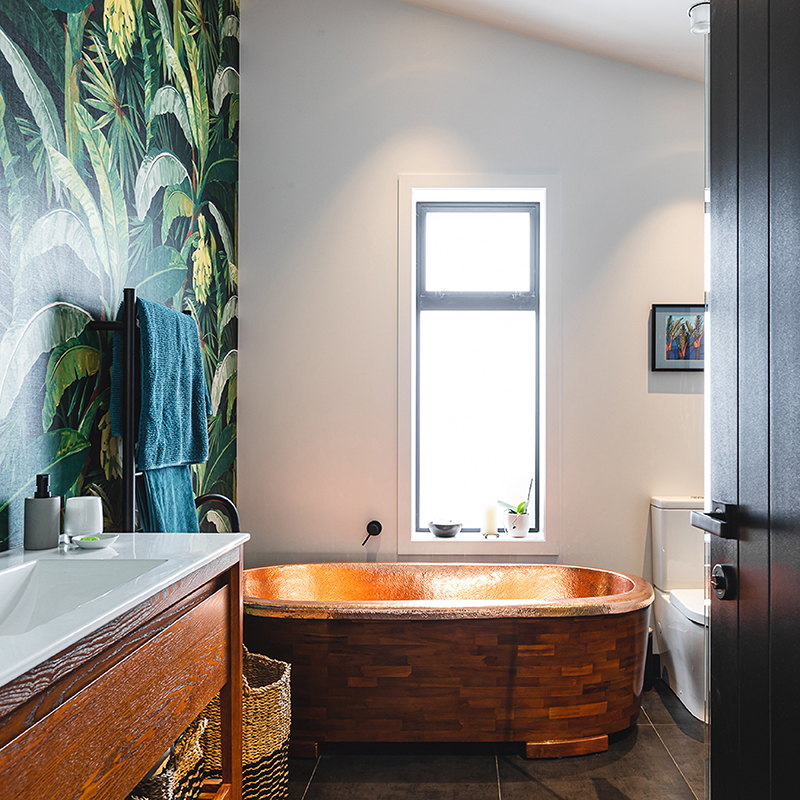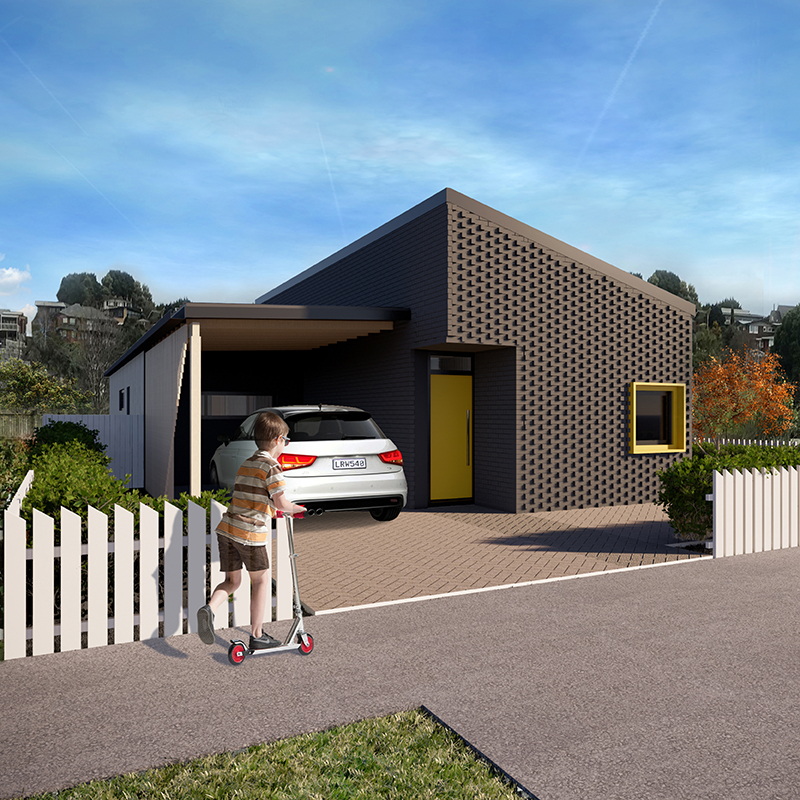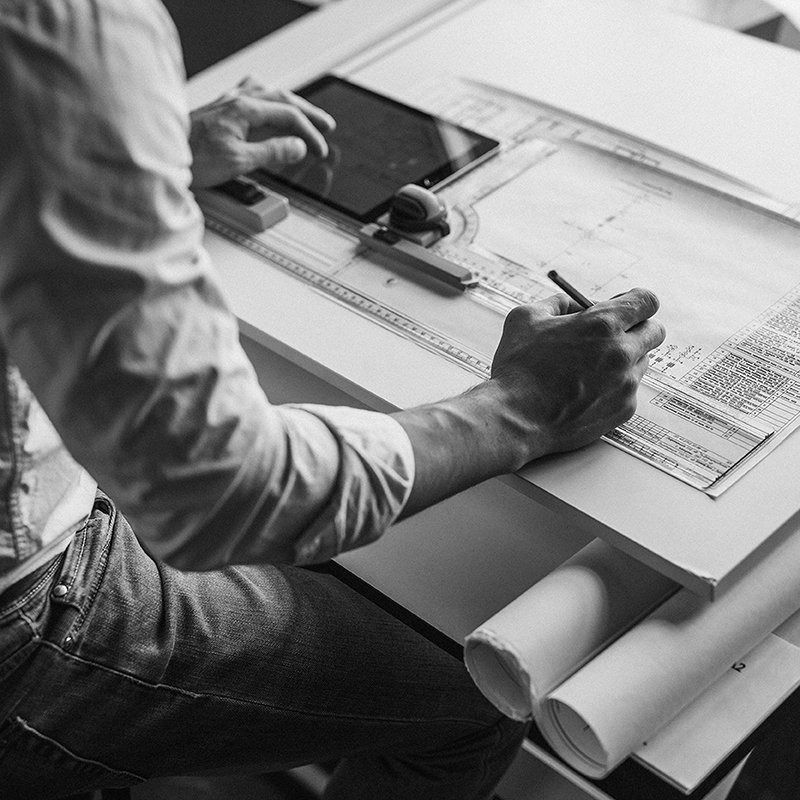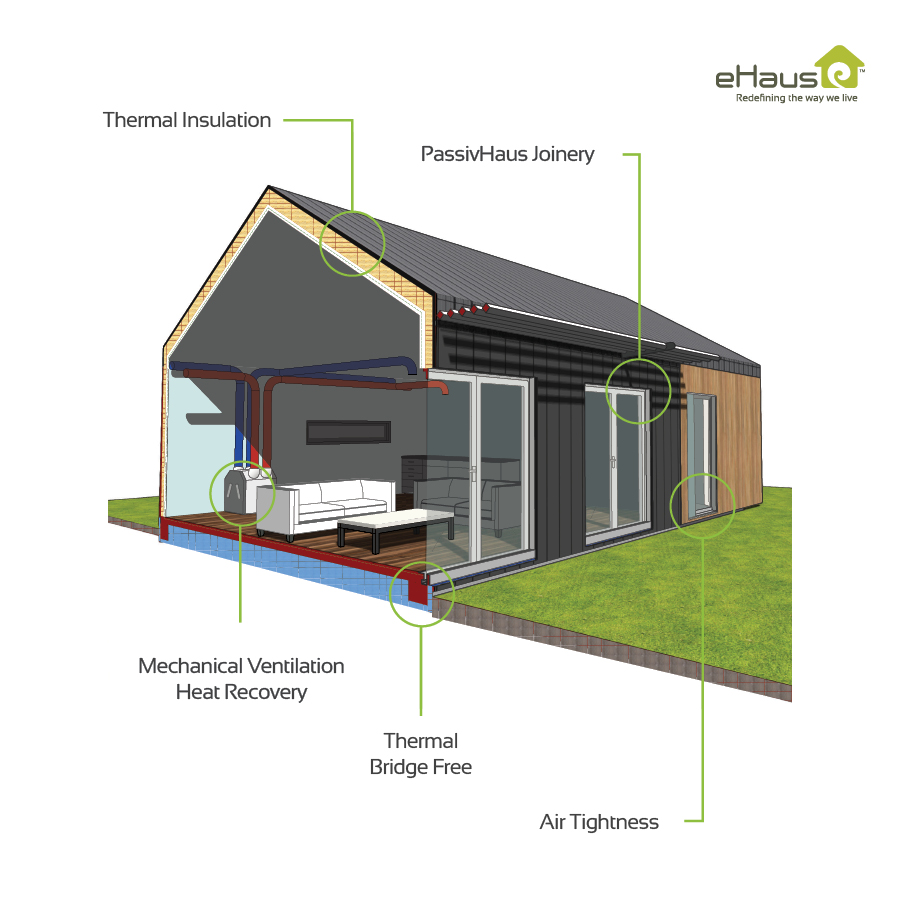


Designing your eHaus
People's House Collection
Build-Ready Plan Range, What's Included, Sustainable Approach, Pricing
Custom Build
Process, Performance Options - eHaus Euro, eHaus Pacific, designHaus
What were your thoughts this week on the Emissions Reduction Plan and the Climate Commission's announcements and our need for change?
“Aotearoa New Zealand needs to be moving towards a low emissions and climate resilient future.”
Correct me if I am wrong, but that must be one of the biggest understatements of the year! And what does move towards really mean? In the short term actually not much, with a lot of thinking and research and very little/slow action to date. The trouble with this kind of approach is the short term has the habit of turning into the long term.
As an example, it was June 23, 1988, when the US announced global warming publicly as an issue that needed action, …. that was 34 years ago! But today the amount of carbon released into the atmosphere is still on the increase!
A critical message at eHaus we are keen to tell, is that solutions to the way we build our homes that make an immediate and real difference to climate change, are already happening here in NZ. A solution developed in the 1990s that has become the normal build standard across numerous countries, many with similar climates as our own. It’s called Passive House. A set of scientifically proven principles applied to the design and construction of a home which provides a standard of performance that accurately delivers a space that is healthy, comfortable and energy efficient.
Just how energy efficient? For the past 12 years our eHaus owners have saved on average 86% on active heating or put another way on average only needing 14% of energy to heat their home - when compared to a typical new code-built home.
We can say this with certainty because all eHaus’ are energy modelled before they are built. This report not only tells us the energy requirements of the home but also enables us to make any changes to the plans to ensure the home meets the performance standard set.
Knowing our homes energy requirements and performance while still on the plans just isn’t part of our New Zealand psyche. Until now we have believed and trusted that the current minimum build code standard set for our new builds will be comfortable, healthy and efficient. Sadly, so many are disappointed within months of moving in their new home. Experiencing mouldy bathrooms and crying windows, significant energy bills and often many of the rooms not lived in for months of the year as they are either too cold or too hot to enjoy.
It’s the way it’s always been, and sure the light has been shone on areas like the need for increased insulation and an extractor fan in the bathroom now mandatory, but it’s just not enough. Since 1990 more than 700,000 homes have been built in New Zealand, the majority to our code minimum standard. Image if energy efficient design and construction principles had been implemented across all these homes? The energy savings alone would be impressive, but that’s just part of the positive impact. The health benefits of families living in a comfortable home all year round would also be huge! And if those homes had been built with the same approach that eHaus uses we would have saved approximately 93 million tonnes of carbon this past 34 years!
But instead, we continue to skirt around the edges of this topic for fear of major disruption to the building industry. The model we have operated for code minimum spaces is desperately in need of an overhaul, and until we shine the light brightly on these standards, we will continue to get the same results. Poor housing stock that continues to add to the seriously damaging carbon issue and families that live in cold damp houses.
At eHaus we know that what we do works. We have the research and science behind the standards for performance that we target. The energy efficiencies, the healthy comfortable spaces don’t need to be just for the few that know about them. There is an alternative happening right now, right here in NZ.

It’s time we made our buildings responsible and provided a positive contribution towards lowering our carbon emissions. The carbon savings made with any high performing home are immediate. We also measure the carbon savings of our eHaus’ and document this live on our website daily. Today 1301 tonnes have been avoided entering our environment, and we credit this through the energy efficiencies of our homes.
Here’s the challenge New Zealand? Let’s move the emissions pendulum back to where it needs to be and step into our responsibility by challenging the way we build our homes. Embrace the knowledge of what is already proven and start the change by choosing to build high performing healthy homes that save the planet.
Jon Iliffe – Director eHaus